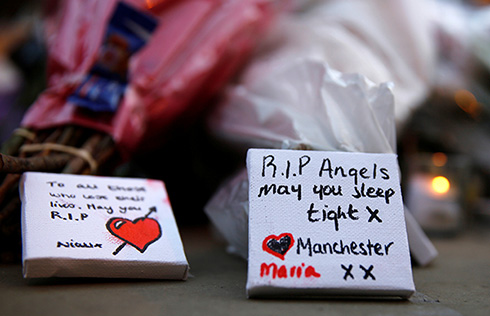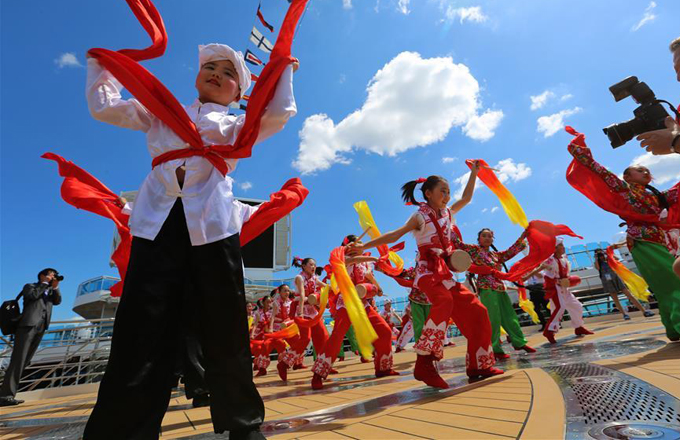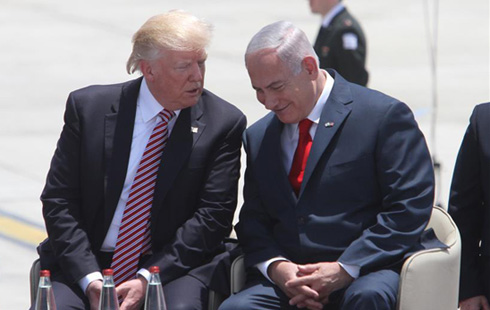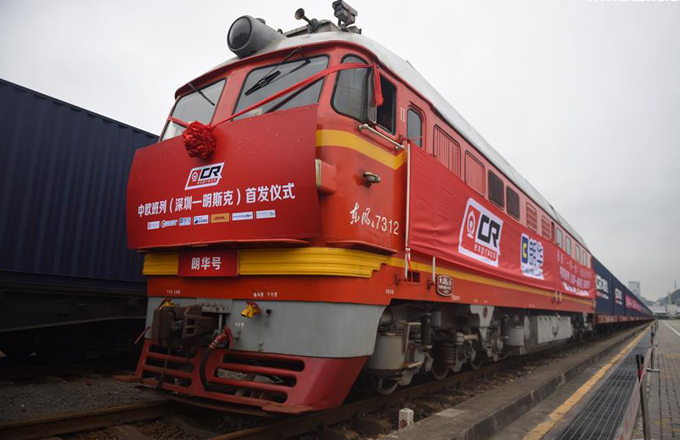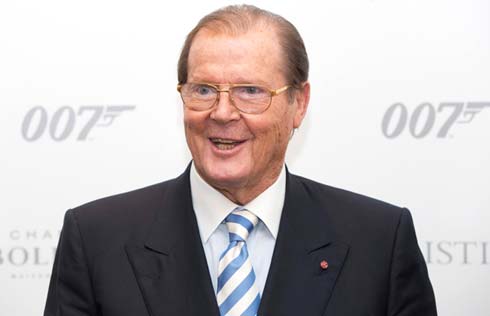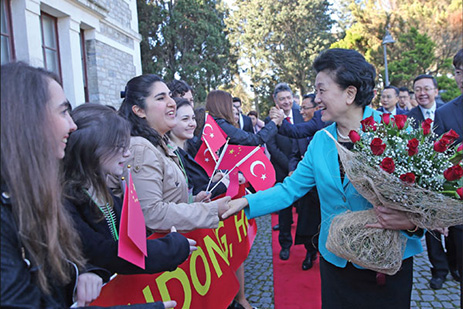Seoul urged to 'pull thorn' that hurts ties
Foreign Minister Wang Yi urged Seoul to work with Beijing to "pull out the thorn" hurting their relations amid the two nations' efforts to improve ties jeopardized by the deployment of a US missile defense system.
The Republic of Korea's new government, led by President Moon Jae-in, dispatched a special envoy to visit China last week immediately after Moon took office, which Wang said showed the country's desire to improve ties with China.
Unlike its predecessor, the ROK's new government wants to face the problems that affect Sino-ROK relations, rather than evade them, Wang said in a news release during his visit to the West African country of Cote d'Ivoire.
The minister's remarks came at a time when China and the ROK are seeking to properly handle disagreements over the deployment of the US Terminal High Altitude Area Defense system. Beijing has firmly opposed its deployment because THAAD could harm China's strategic security interests.
Wang called on the ROK to seize the opportunities presented by the current positive interactions between the two countries, take practical measures, and pull out the thorn in the throat of Sino-ROK relations.
The ROK's new government understands China's concerns on safeguarding legitimate interests, and is seeking solutions in a positive manner to handle the THAAD system, Wang said.
Wang urged Pyongyang not to further violate United Nations Security Council resolutions following its latest intermediate-range ballistic missile test. All related parties should maintain restraint and not be influenced by any single incident, he said.
The Democratic People's Republic of Korea launched a Pukguksong-2 missile on Sunday, saying it met all technical requirements and could now be mass produced.
"The situation on the Korean Peninsula is still not calm with new events occurring. We urge the DPRK not to do anything to again violate the UN Security Council resolutions," Wang said.
He asked related parties to act with restraint and stick to the objective of denuclearization, strictly implement Security Council resolutions on Pyongyang, and solve the issue through peaceful dialogue and consultations.
Wang also agreed with the proposal by the new government in Seoul that sanctions and dialogue be carried forward at the same time.
"We think it is fair and reasonable, and it is also what the UN Security Council has advocated."
China and Russia reaffirmed they will never allow any conflict or war to happen on the Korean Peninsula, and oppose any party's position that could intensify tensions. The affirmation was made at a meeting between Assistant Foreign Minister Kong Xuanyou and Russian Deputy Foreign Minister Igor Morgulov in Moscow on Monday.
Both sides called for honest efforts from related parties to ease the current tensions and restart dialogue, and reiterated opposition to THAAD deployment in the ROK.
Wang Junsheng, an Asia-Pacific studies researcher at the Chinese Academy of Social Sciences, said seeking dialogue on the peninsula's nuclear issue is increasingly the consensus of the international community.
"However, if Pyongyang keeps developing its nuclear and missile programs, related parties including China have no choice but to put more pressure on it," he said.
Contact the writers at [email protected]






